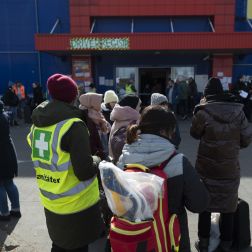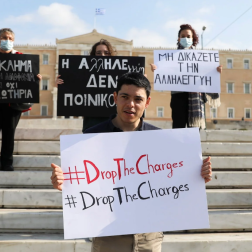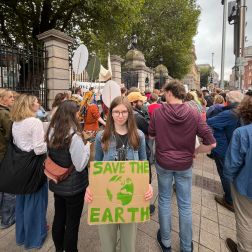- 5 mins read time
- Published: 31st July 2013
Every voice counts: Changing attitudes towards women in Nepal
Five years ago Tika Darlami (45) rarely left her own house, not even to buy food locally. Women’s opportunities were limited in her rural village in the Surkhet district of Nepal. Social norms kept them tied to the household, with low levels of literacy and lack of awareness of their rights.
Today, Tika is recognised everywhere in the village, thanks to Oxfam's Raising her Voice project and the extraordinary efforts of local women themselves.
“For more than 30 years, I stayed in the house doing household work… I thought that I couldn't do anything outside because I was an illiterate woman,” she explains. “Now I walk with confidence ... I am a totally different woman.”
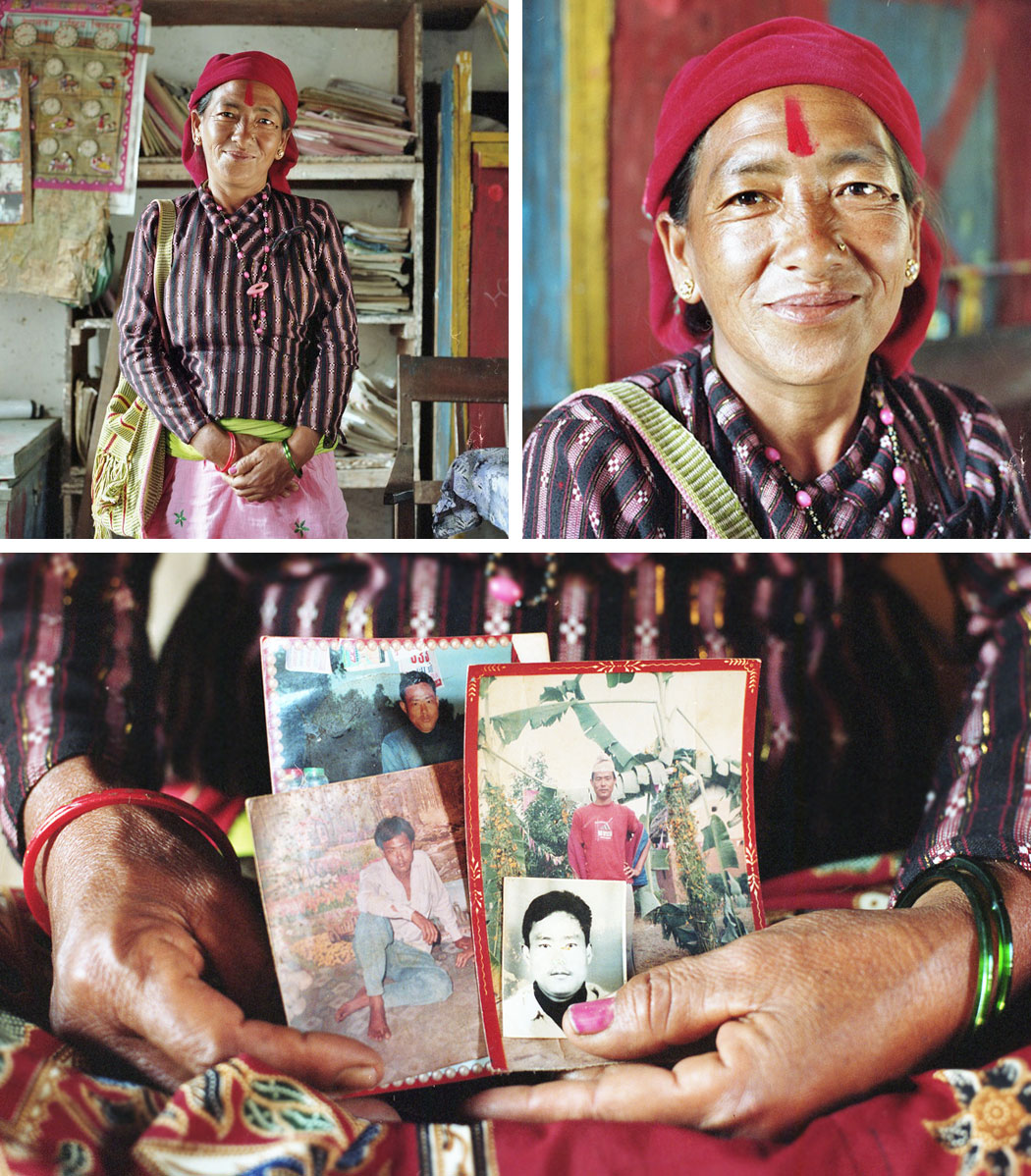
Clockwise from top: Tika Dalarmi at home. Tika says her life has been transformed by Oxfam's Raising her Voice project. Tika holds photos of her husband, who is away working elsewhere in Nepal to earn money for the family during the lean season.
Photos: Aubrey Wade/Oxfam.
Raising Her Voice is a global project being implemented in 17 countries to try to overcome the widespread marginalisation of women. Oxfam works with partner organisations to promote the rights and ability of poor women to increase their influence and ensure their voices are heard so that those in power, from village leaders to politicians and law-makers, become more accountable to them.
Over five years (2007-2012), more than a million women have seen life-changing benefits as a result of the project that changes attitudes towards women and the role they play.
Tika says: "When I first wanted to get involved in the project, my husband wasn't keen and he urged me not to go. He told me that my primary job was to look after the home and that since I was illiterate, I could do nothing useful there. He didn't mean to hurt me, he just wanted to be sure that household work was not disrupted by my involvement in outside business. I was disappointed. I was really determined to join!
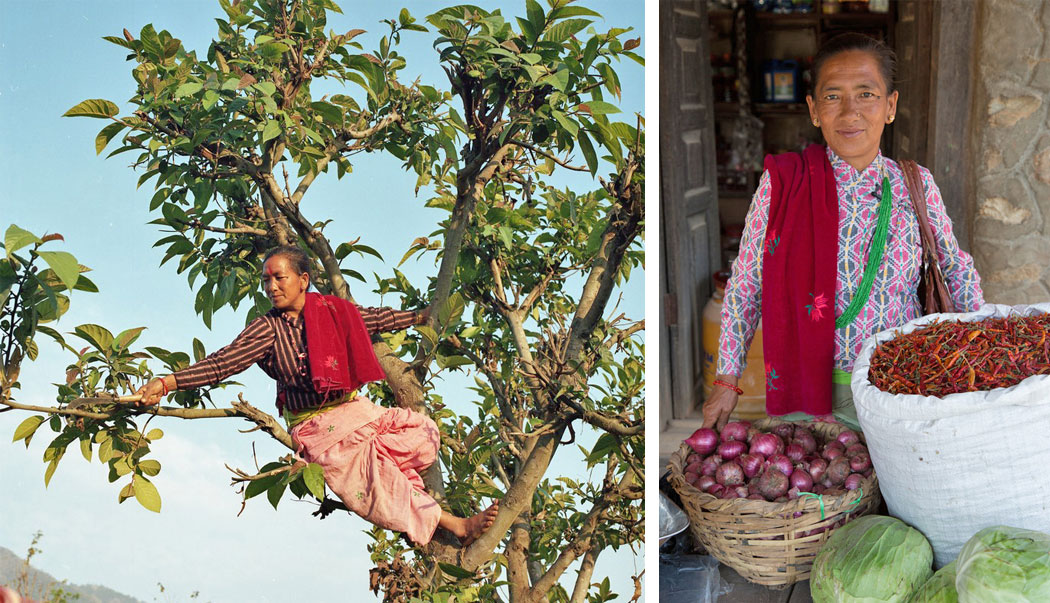
Left to right: Tika gathers fodder for her livestock. Tika purchases food and other household items in a market shop. Five years ago this would have been an impossible scene, but Tika's involvement in the Raising her Voice programme has changed that.
Photos: Aubrey Wade/Oxfam.
“Nowadays his attitude has changed. People praise my ideas in front of him. Now he feels proud of me. He teases me saying ‘Netaji’ [‘leader’]. He has no problem with me being involved in social work, and he is happy to switch the responsibilities between us and do some of the household work that I used to do. Now he believes in empowering women. This change is due to the work of the group.”
Women’s groups are key to the Raising Her Voice approach because they provide an opportunity for women to share and discuss issues affecting them, learn about their rights and legal protection, and to find solidarity and support amongst each other.
“When we have a community discussion class, we sit together to select an issue which needs a discussion. Any subject can be a matter of discussion. It can be about a family issue, a neighbourhood issue, the education of children or anything else.”
In Nepal, the Raising Her Voice project has directly benefitted 2,004 women in 81 project villages with an estimated indirect benefit for 89,000 people in the wider community. Another great development is that more than 1,400 leadership positions in local decision-making bodies have been filled by women.
Along with attending the women’s group funded by Oxfam and run by facilitators trained by our partner, Women's Association for Marginalised Women, Tika now also sits on the local school’s management committee where she helps make decisions about how to spend the school's annual budget, how to maintain the school premises and how to improve the quality of teaching.
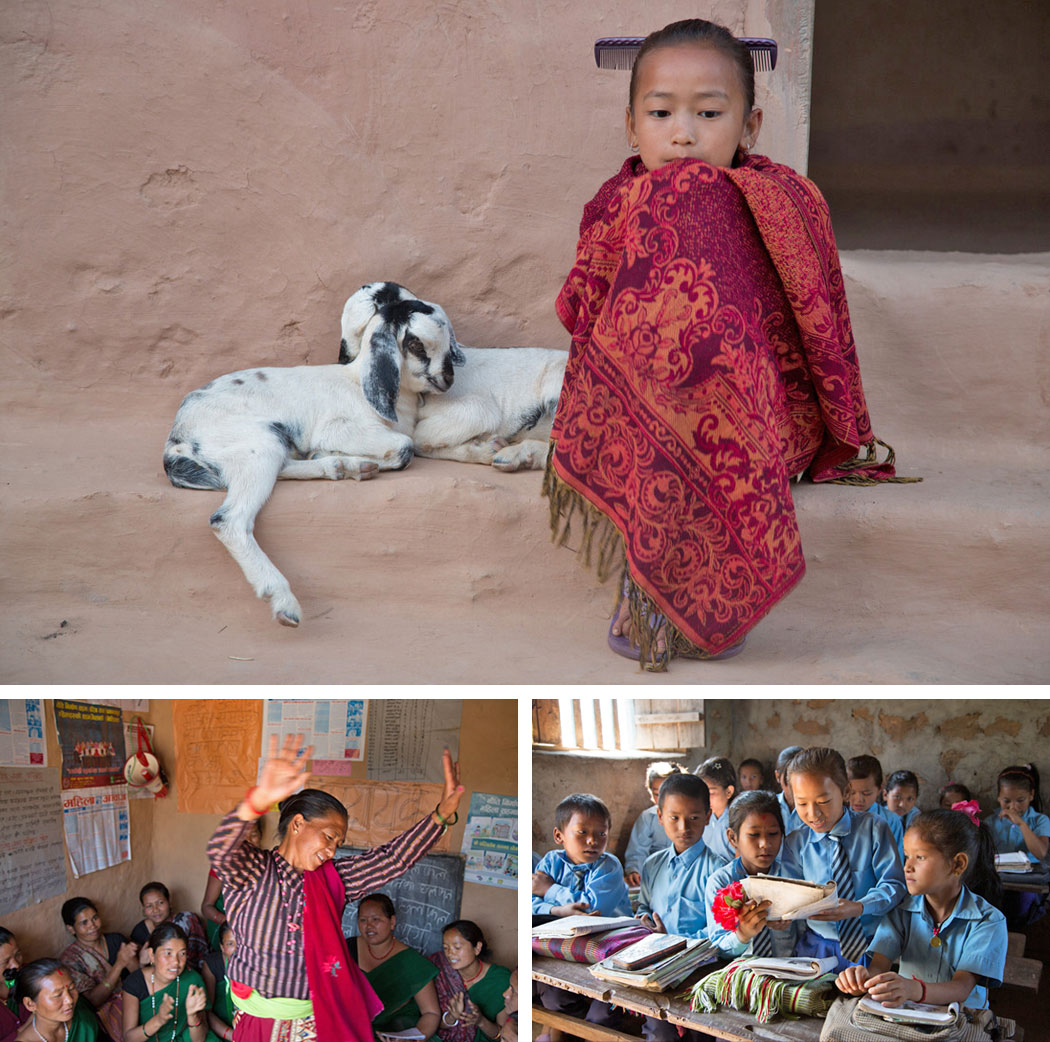
Clockwise from top: Tika's daughter Bhimisa (9) with two of their baby goats. Tika’s daughter Bhimisa (standing) reads aloud in class at the local primary school where Tika is now on the management committee. Tika says: "I believe that my daughter and my son have an equal right to a good education." Tika dances during a meeting of the 'Nari Utthan' (which means ‘women ascending’). Groups like this give women the opportunity to share and discuss issues affecting them, learn about their rights and to find support amongst each other. Photos: Aubrey Wade/Oxfam.
We know that when women are treated as equals, we all reap the benefits. In fact, if women farmers had the same access to land, tools, seeds and credit as men, they could grow enough extra food to feed more than 100 million of the world’s hungriest people.
We believe that Ending Poverty Starts with Women.
Let’s celebrate the men and women, including our amazing supporters, who are already making a difference and use our voices and choices to be part of the solution!
Sorcha Nic Mhathúna is Oxfam Ireland’s Communications and Content Coordinator.
